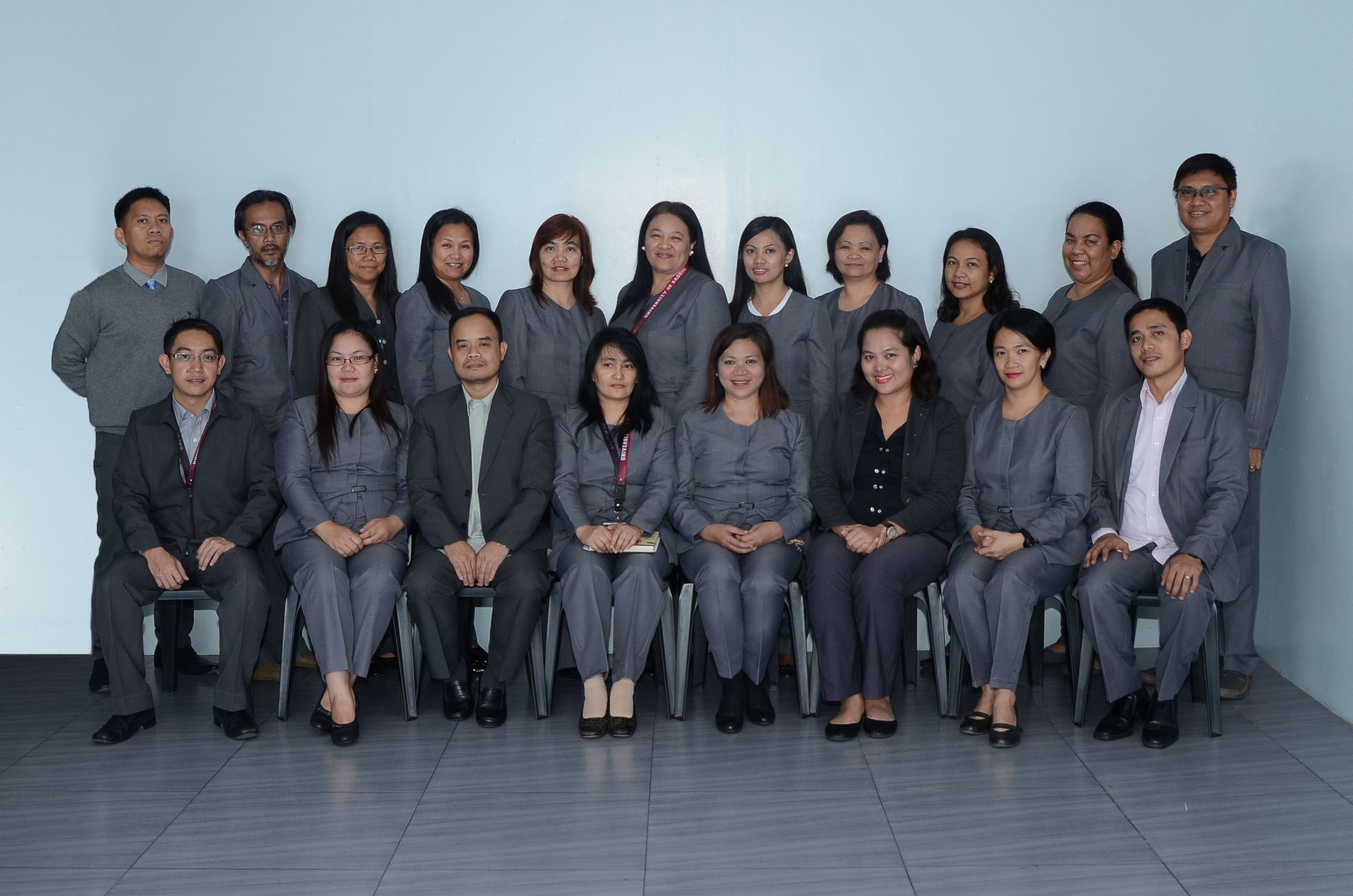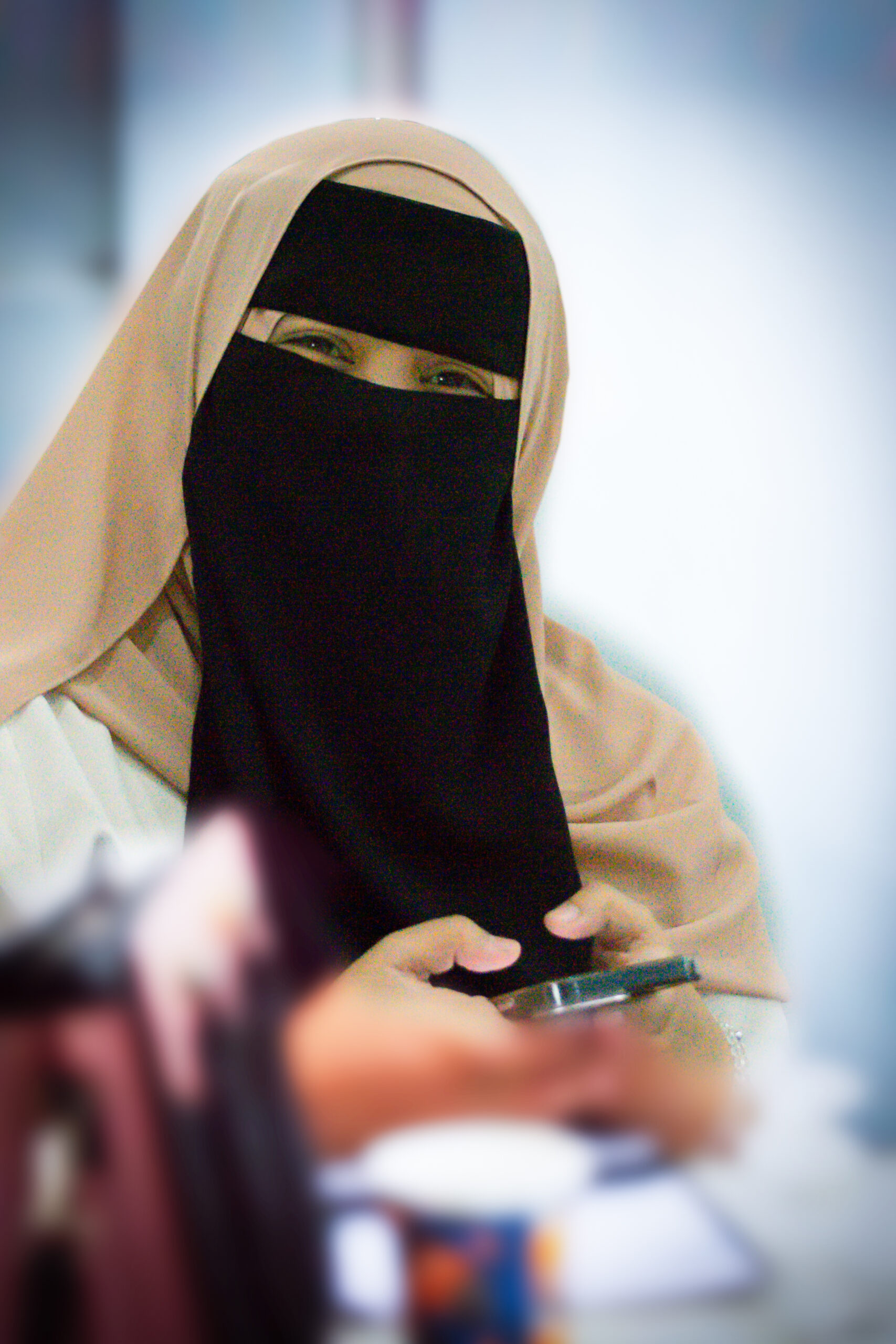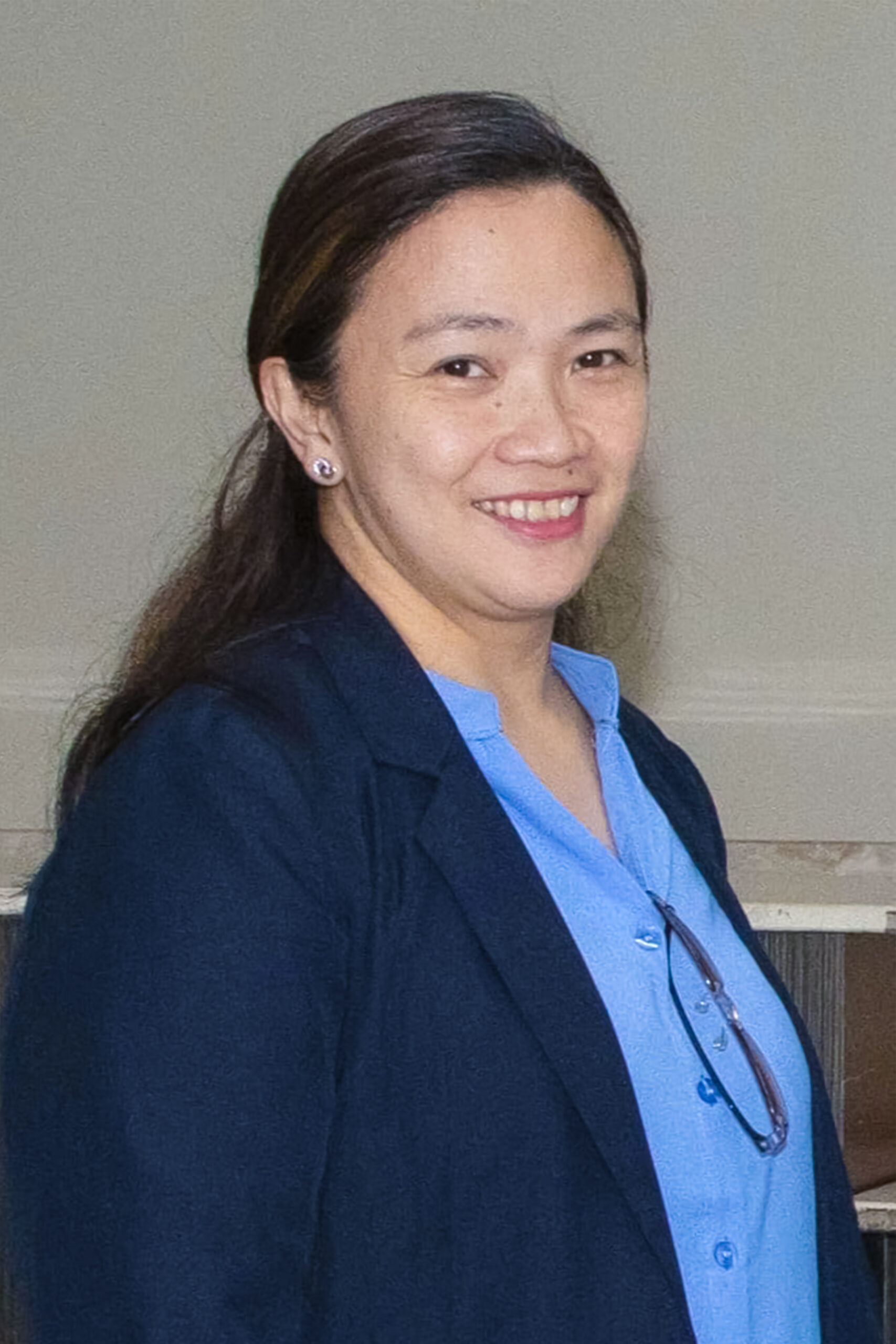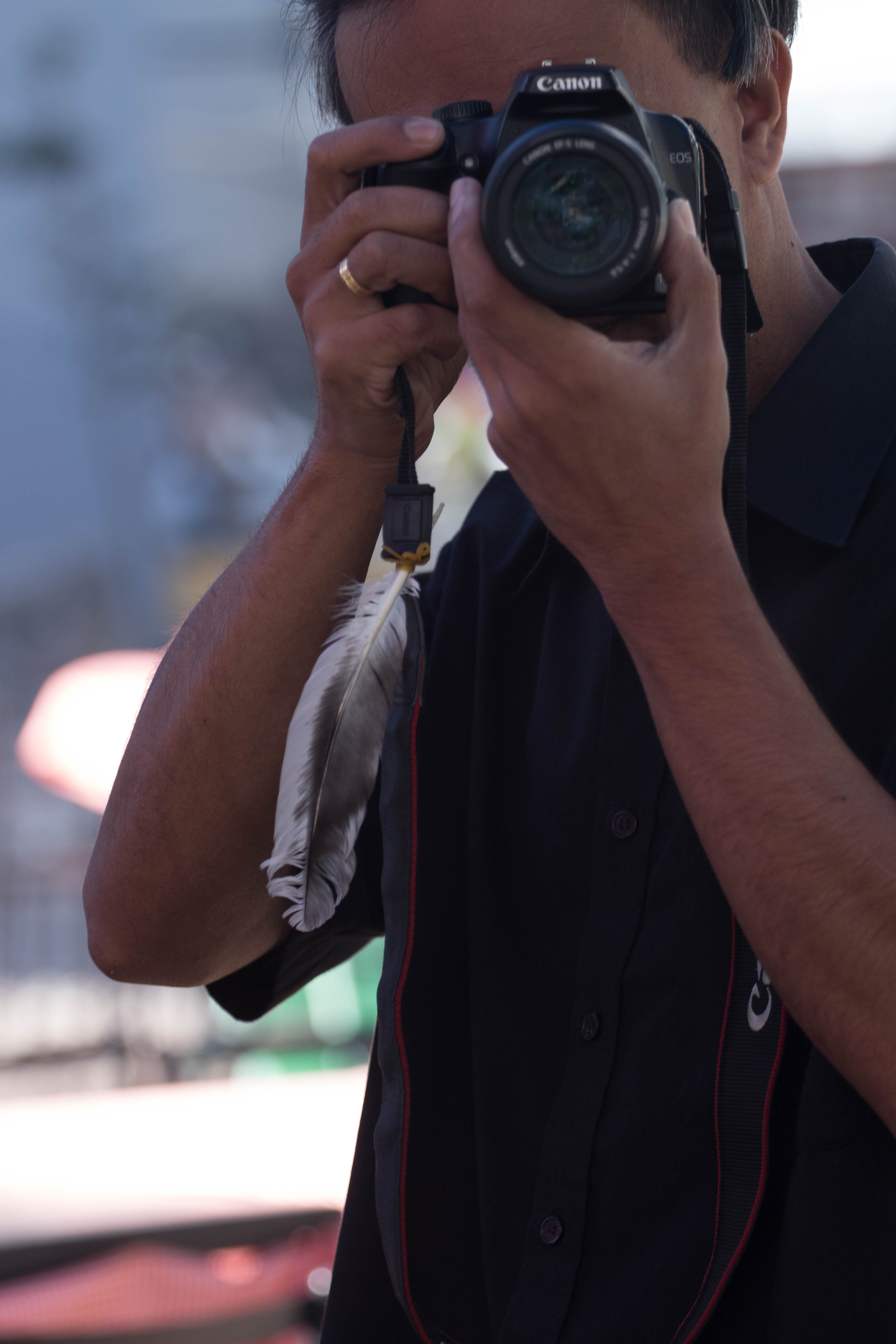Connecting You to the Resources You Need
Research @ University of Baguio
The creation of the R&DC website aims to help academic staff and students to understand the research processes and requirements. The Research and Development Center (R&DC) was formally created on May 3, 1966. It was spearheaded to serve as a venue for the harmonious growth of the different departments of the institution, their faculty and students, in their pursuit of academic excellence and professional growth and development.
The UB R&DC encourages and assists faculty in developing research and scholarly studies. We provide expert advice and support throughout the research process, from the proposal development to the award closeout.

The UB RESEARCH AND DEVELOPMENT CENTER
-Its Finest Repertoire-
The creation of the UB Research and Development Center (R&DC) was spearheaded for it to serve as a venue for the harmonious growth of the different departments of the institution, their faculty and students, in their pursuit of academic excellence and professional growth and development.
In its unremitting venture to crystallize its mission of sustaining a research culture in the University of Baguio and producing and disseminating relevant, useful, and quality researches, the R&DC has embarked on the founding and advocacy of several research activities and assemblages:
COLLOQUIUM
The R&DC regularly plans, designs, conducts, coordinates and evaluates short-term training programs, workshops, seminars and lectures for various clientele vis-á-vis the trends and innovations manifested in research whilst propagating the concept of research culture in the University and the society.
Seminars/Training and Workshop. To fully equip members of the institution to continuously engage in diverse research undertakings, the Center regularly conducts research related professional development activities. Research experts in diverse fields are invited to train and update the members of the academic community in order for the university to be abreast with global standards.
Research Presentations and Poster Presentation. The Center organizes public presentations of the research results. These are attended by the University officers, faculty members/employees, students and other concerned individuals or groups. The proponents impart the significant outcomes of their studies. Research findings are also disseminated via posters which are exhibited for viewing at an elected venue.
Public Lectures. These are given by academicians and industry experts eminent in their fields and highlight reflections on controversial and challenging issues. These are meant to satisfy people quest people quest fro knowledge, hence, such activity is not limited to the member of the UB community.
Publications. With the paramount aim of disseminating research findings and providing assistance to potential and active researchers, the Center has spawned and continuously circulated publications which are essential in the acquisition of knowledge beyond ones discipline.
UB Research Journal. The general objective of the University of Baguio Research Journal is to publish scholarly research work in the different fields of knowledge, some of which are referred . ►
EnQuire. This is the Official Newspaper of the Center. It utilized to propagate research endeavors, activities and useful information to administrators, faculty/employees, students and other institutions.
Research Findings Compendium. This particular publication presents pithy findings derived from studies conducted by UB faculty members and personnel. These outcomes are rendered to spur constituents of the University to utilize these as springboard in disciplinal undertakings and truth-seeking endeavors.
R&DC Website. Abstracts of research papers of faculty members and employees are published in the website. Each college/department is featured with a list of ongoing and completed researches. These collection of information are available at http://ubaguio.edu/rdc.
Thesis Format Monograph. The R&DC, in collaboration with the Editorial Board, has engendered a manual which not only guides the undergraduate and graduate students in writing their treatise, but acquaints them as well with the editorial style which completely conforms to a clear and consistent presentation of a written material. Further, this serves as a guide for the students to format their manuscript according to institutional prescriptions.
INCENTIVES
Honorarium. The R&DC offers an inducement to faculty/employee researches in the University in the form of a cash incentive, the amount of which depends on a set of fair and just criteria determined by the Center. The honorarium is granted to an individual or group of researches in order to motivate them to engage in valuable research endeavors. Proponents are allowed to engage in more than one research within a semester or school year, provided such research are endorsed and recommended by the designated School Research Anchorperson and their respective Dean/Principal/Department Head.
Deloading. The deloading incentive corresponds to three (3) to six (6) units release time. Assigning of the loads is subject to the discretion of the school dean and the approval of the Vice President for Academic Affairs. The deloading benefit is only awarded ensuing the evaluation of the research proposal by the Institutional Research Review Board (IRRB) and its approval by the R&DC Director and Vice President for Academics Affairs.
Research Grant. Grants are offered to proponents who require substantial amount to subsidize their researches. To obtain approval for funding, the proponents present and justify the budgetary outlay of the proposed researches to University officials. If approved, a Research Grant Agreement is signed. Proponents may request for a partial release of the funds in an amount not exceeding 70% of the total budget. The subsequent release of the remaining funds is requested upon submission of progress and liquidation reports on the ongoing research and expended funds.
Thesis/Dissertation Grant. The R&DC extends financial assistance to UB faculty members and employees in the conduct of their thesis/dissertation. The grantee is bestowed a maximum of Php20,000 for a master’s thesis or a doctorate dissertation.
Best Research Award. The R&DC recognizes exceptional studies and outstanding researchers in the University. The award is given biennial to faculty members identified in the basis of a rigorous selection criteria. A hall of Fame in Research award is given to those who won three consecutive times. A similar Best Research Award is granted to the winners in undergraduate discipline-based research competition.
ASSEMBLAGE
University Research Board (URB). The IRRC is composed of distinguished members of the academe who act in an Advisory capacity for the development of various research endeavors and the continual production of sterling researches in the University. The group is comprised of the subsequent lobbies: Editorial Board, Ethics Monitoring Board, Statistical Consultants, and Instrumentation Consultants. With the presence and various specialization of the Institutional Review ensemble, students and personnel are able to render pertinent, functional, and quality researches hence, promote the University’s objective of academic excellence while serving the interest, welfare, and development of the Filipino community as well. ►
School Research Anchorperson. This group serves as the alter ego of the Director for Research & Development Center. They are appointed by the School Dean to monitor the involvement of the faculty members of the school in research and assist the dean/principal in research activities of their respective schools/departments. ►
PARTNERSHIP
The Research and Development Center partners with other academic communities, the government, and the industry to facilitate learning and collaborative, beneficial research relationship.
Refereeing. Ensuing the development of a clear-cut policy on refereed articles, the Center taps external reviewers to professionally evaluate several Institutional researches. This practice of peer review ushers researches of sterling quality by members of the University.
Linkage with City Government. The Center readily extends its assistance in conducting studies, findings of which may be perused and utilized by the Baguio City Council in propounding research-based ordinances. Among the studies conducted by the R&DC revolve on the market situation, traffic condition and current traffic scheme in the City. The Center has also conducted a survey for the Baguio Centennial Commission anent the upcoming Baguio Centennial Celebration.





